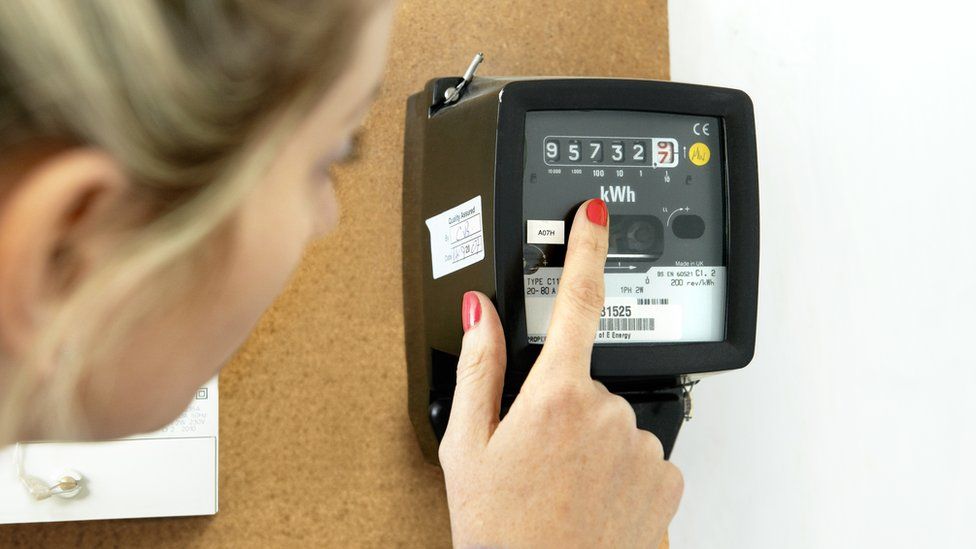Banks and energy company shareholders should help finance a sustained freeze on household energy prices to reduce the burden on taxpayers, according to a proposal from the analyst Michael Johnson, published by the Social Market Foundation today.
Johnson – a former investment banker who has advised several leading politicians on economic policy – suggests that both energy providers and the government should purchase collateral assets to back a funding facility to support providers that run into financial trouble.
According to Johnson, that collateral would encourage banks to make long-term loans to help energy companies survive.
With the energy price cap increasing to £3,549 from October and potentially rising above £5,000 next year, millions of families will be unable to pay the bills. Calls only to freeze consumer prices, while energy providers face high prices on the open market, risk pushing those companies into bankruptcy.
Johnson proposes that loans from the facility should be in place for up to 30 years, giving energy providers decades to recoup their losses through slightly higher household bills – and as such, spreading the cost of the crisis over the long term. Energy providers have asked for the government to provide a multi-billion pound emergency fund to keep them afloat, yet Johnson argues that such a scheme requires taxpayers to take on too much of the risk and asks too little of energy company shareholders.
Michael Johnson, guest author of the briefing for the Social Market Foundation, said: “These proposals build upon the energy providers’ sensible suggestion to freeze the energy price cap and the establishment of a funding facility. Inspiration is drawn from a significant precedent, the highly successful Brady Plan, executed in the 1980s to help resolve a sovereign debt crisis.
“Today’s energy cost challenge Is commensurate in scale and required timeframe for resolution. Strong leadership is required, along with a collaborative spirit, because we really are all in this together.”











